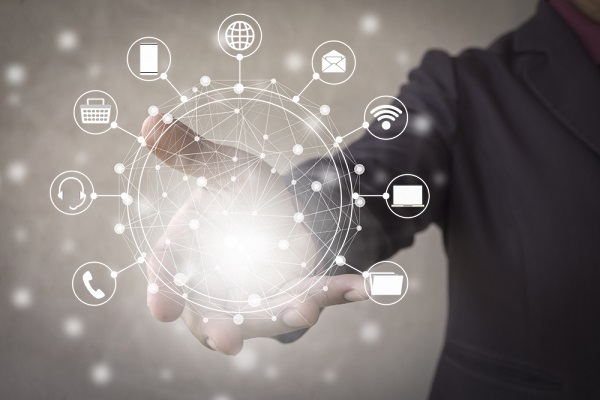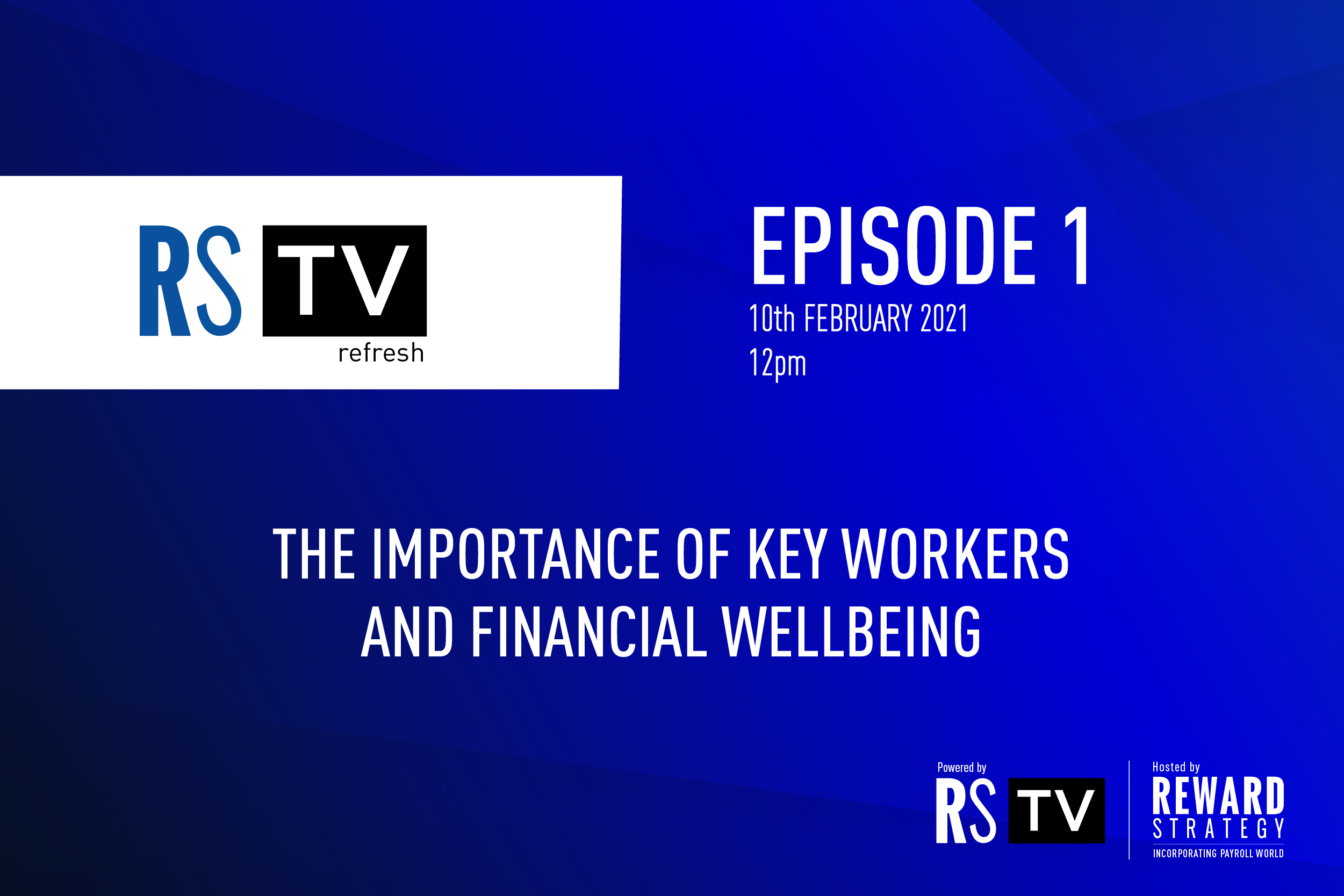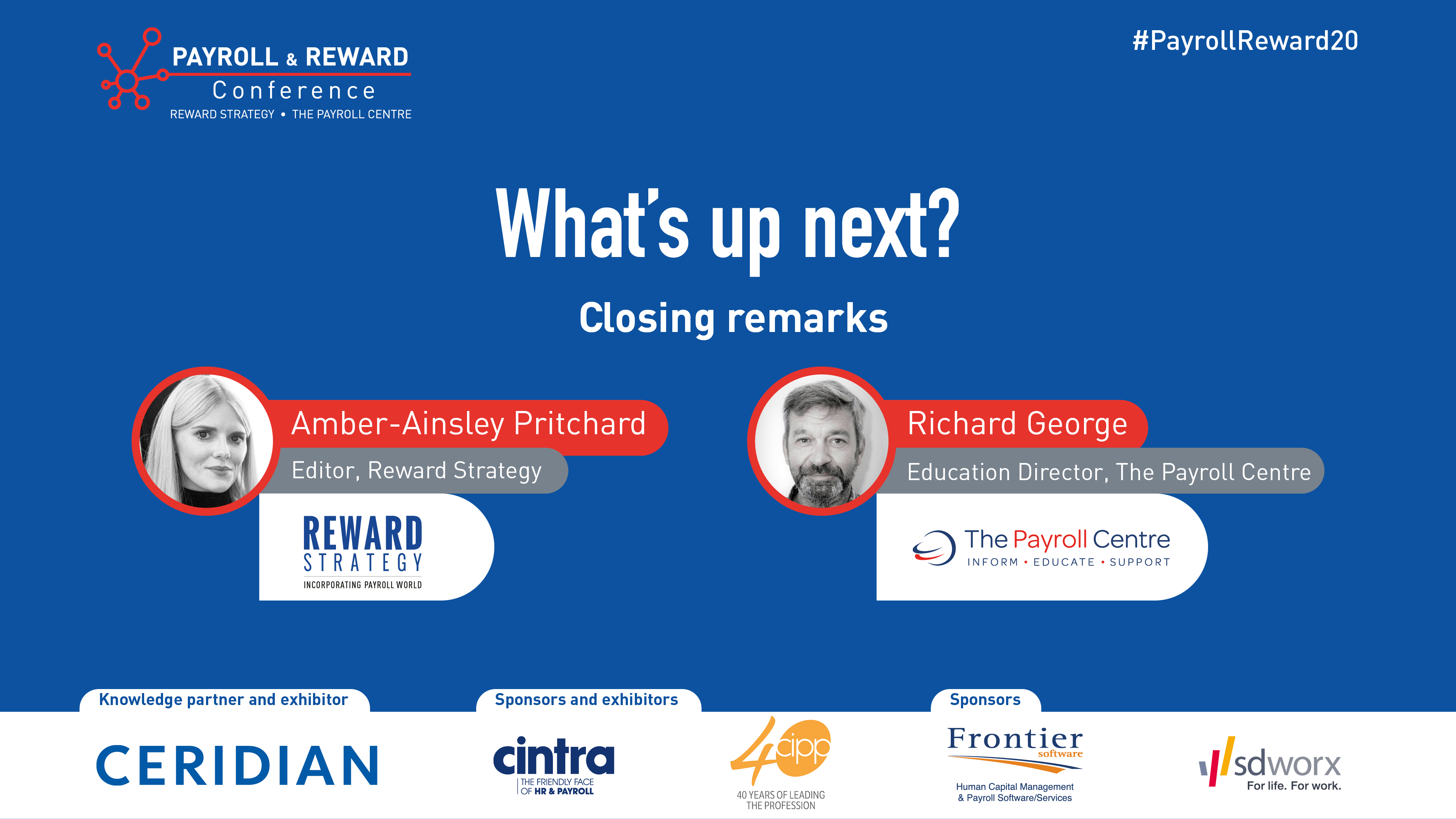Intelligence, community and recognition for pay and reward professionals.
What lies beyond self-service?
Is self-service all that we should expect from reward and benefits technology? Nick Kjelgaard from Zest talks about life after self-service technology: full HR, reward and benefits automation.
It’s no secret that reward and employee benefits technology is struggling to keep up with the progressions we are currently seeing in more consumer-focused tech. Here’s why: There are too many manual tasks and complex interactions for many reward and benefits professionals to run an efficient and effective platform.
Self-service is currently heralded as the pinnacle for HR, reward and benefits and defined as a technology designed with the intention to make service transactions more accurate, convenient and faster. Yet, I believe that’s just the start of what you should be getting from your tech; shouldn’t we all be expecting more?
State of the nation
Currently many HR and reward professionals are facing a daunting pile of manual tasks and hidden costs (but that’s another topic for another time) just to achieve the most basic of actions. What’s worse is that for an effective reward and benefits programme, you need to interact with a list of people as long as your arm - just to understand information that should be readily available to you. Let’s have a look:
- Employees – to understand the expectations of your workforce.
- Benefits and reward consultants – to keep you updated with current market trends.
- Account manager – to discuss service and how to move it forward to meet your needs.
- Benefits broker – sourcing the risk benefits that work for you and your company.
- Outsourced administration – providing you with access to data and reporting.
- Project manager – keeping you up to date with your implementation.
- Marketing team – for key scheme messaging and communications.
All of these interactions are typically disjointed, laborious and expensive with information not transferring across systems or groups effectively. We all enjoyed Chinese whispers as kids but it’s not the best game for the workplace. This ultimately leaves HR and reward professionals facing a mountain of spreadsheets and confusing notes. Requiring you to manually input this data and manage it to get the results that you want.
But why is it so problematic?
The rewards and employee benefits technology space suffers from a serious confidence issue. Historically, reward and employee benefits technology has been seriously under-delivering. A reliance on bespoke code and lack of innovation has created a heavy reliance on manual processes. In turn, these processes often have led to costly mistakes for many organisations.
Currently, we are seeing an enforced requirement for managed service and an industry only just starting to talk about self-service self within reward where other industries are questioning the need for a service at all. In my eyes, managed service and even self-service is not service as they do not anticipate your needs or make recommendations. The manual processes are still there. Current HR systems need you to put in this information, even if your employees are now empowered to do some of this. But, what if it was the other way around?
I repeat my earlier question; shouldn’t we all be expecting more from our technology?
The death of self-service
As I see it, the future of reward and benefits is the death of self-service - and certainly managed service - within an HR team.
In its place I see the next step; true automation, supported with smart data and artificial intelligence. HR, reward and benefits software will share information openly with each other, trigger events, reports and communications and all you will need to do is click a button to make it all happen, if that.
Netflix can do it. It doesn’t ask you what you want to watch, it uses smart analytics and algorithms to make recommendations based on your existing behaviour and others who have profiles similar to your own. So, why can’t HR and reward professionals use data in a smart and effective way too?
Let’s break it down a bit
Why should you need to talk to a consultant on what the best benefits and reward structures are for your employees? Then have talk to your broker, marketing team and more? Why can’t your system analyse the profile of your workforce and compare it to similar workforces or industries to that of your organisations? Then produce a monthly or even weekly report on what it recommends?
Furthermore, we could then go one step further and recommend a selection of benefits which fit the report’s recommendations, complete with pricing. With a simple click of a button you could implement your chosen selection across the company or selection of your employees.
There could still be more. Once the benefit is approved, the system could even trigger a communication to your eligible employees sending a wonderful email straight to their inbox letting them know the good news. All whilst you sit back watching engagement and uptake through a handy real-time dashboard and wait for the impact report to land in your inbox ready for the board to see.
Life after death
The future really is all about automation. What could once take you days or even weeks to complete can be done at the click of a button. The technology is definitely there, you see it in its most remedial form with Amazon’s ‘other people also bought’ function. Automation brings about the reduction in the cost (most importantly those hidden costs no one likes) of running a reward and benefits scheme and the resource required. Allowing HR teams to focus on other initiatives.
The ultimate goal has to be full automation and, subsequently, the death of managed and self-service. It’s what we really want and should be demanding.







